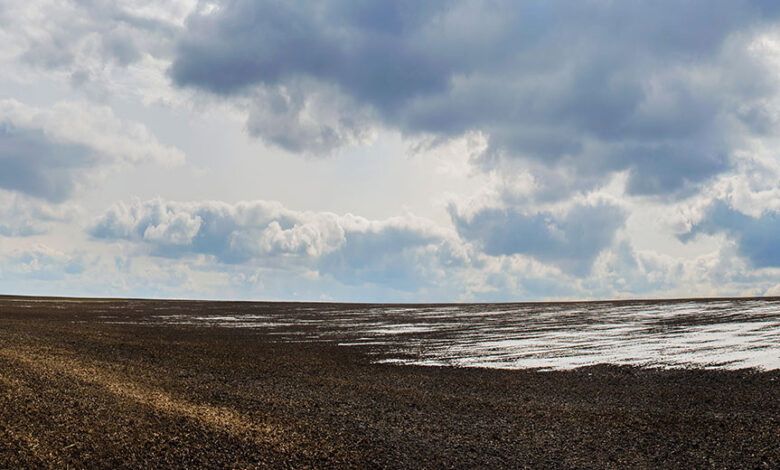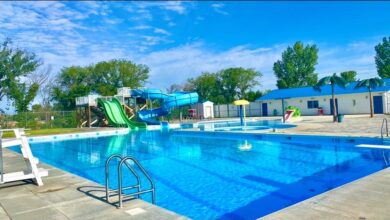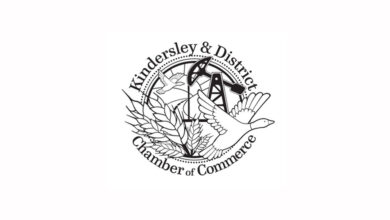
Initial Runoff Report Shows Varying Conditions Across Province
The Water Security Agency (WSA) released the preliminary spring runoff outlook for 2022.
Runoff potential is determined based on the conditions at freeze-up, the snowfall received to date and that further precipitation will be average between now and spring melt. The report shows most of southern Saskatchewan with below normal snowmelt runoff potential. The central areas, with above normal snowpack, can expect an above normal snowmelt response and near normal conditions are currently projected for the far north.
Much of the southern areas of Saskatchewan experienced very dry conditions through the summer and into fall last year. The exception is an area just east of Moose Jaw through Weyburn, Indian Head and Regina, where wetter fall conditions and near normal snowfall have projected a near normal snowmelt. The snowpack is generally above to well above normal to date in the central areas; however, flooding is not expected despite the predicted above normal runoff response. The far north, encompassing the areas of Uranium City, Stony Rapids and Cluff Lake are anticipated to experience a near normal runoff event.
The melt rate is expected to have a significant impact on runoff yields across the south. With depleted subsoil moisture, a slow melt will likely result in the bulk of the snowpack recharging the soil column. A rapid melt is likely needed to result in an improvement to surface water supplies. The current snowpack is not sufficient to satisfy both. Without additional snowfall, surface water supply issues are likely to occur in southwestern Saskatchewan in 2022.
The spring runoff outlook could change as there is potentially another eight to 10 weeks of winter remaining. The first spring runoff forecast will be issued in early March.








































